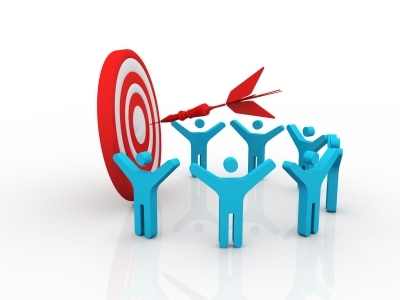
According to the website Investopedia, cobranding is “a marketing partnership between at least two different brands of goods or services. Cobranding encompasses several different types of branding partnerships, such as sponsorships. This strategy typically associates the brands of at least two companies with a specific good or service.”
This strategy is often used by companies looking to communicate with consumers. For example, the bottles of Diet Coke signed by the fashion designer Karl Lagerfeld, the Starbucks coffee capsules for Tassimo coffee machines, or the Smart car designed conjointly by Swatch and Mercedes.
Co-branding also exists in the strategic arsenal of B2B companies, but the applications and advantages are much more subtle.
VAR (value-added reseller)
According to Business Dictionary, a VAR is a “retailer who assembles, augments, modifies, and repackages a good and/or service to suit the individual buyers’ needs.”
As opposed to the B2C market where consumers have standard needs, in B2B each consumer has specific needs and expectations. The ways to respond to these needs should be different: products of mass consumption generally suit B2C consumers, while personalized turnkey solutions should be suggested to B2C consumers. This is precisely where the VAR comes in, literally by serving as a bridge between the standardized solution of a manufacturer and expectations of a B2B client.
This is often the case in the IT industry where the Dells, IBMs and Salesforces of this world have partnerships with retailers that recondition one of several solutions to respond to unique expectations of B2B clients.
Strategic partnership
Sometimes it’s more efficient to do things as a group rather than to go solo. This is represented in B2B markets where investments in terms of research and development, operational costs, human capital and know-how are valuable. This is why it’s common to see two companies unite to realize one project (and sometimes they’ll compete for another!).
For example, this is the case of Bombardier, which will co-sign the Primove technology with a bus manufacturer. Later, this strategic partnership will allow Primove technology (which allows for wireless batteries to be recharged) to benefit from the credibility, expertise and brand image of the two associates, which is essential when promoting the brand!
What about you? Do you know of other winning forms of B2B co-branding?




